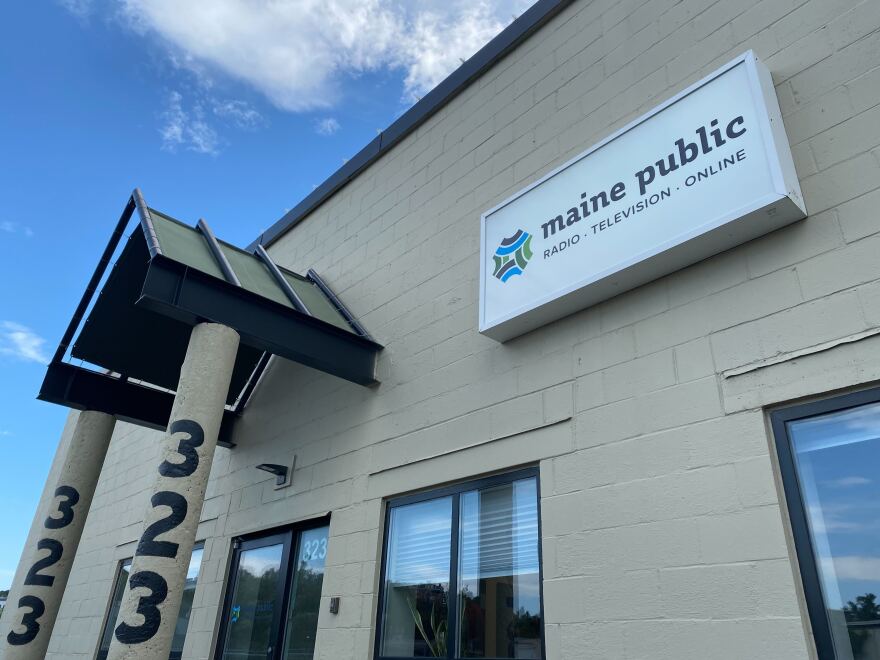The U.S. House Thursday night voted to claw back $1.1 billion in previously appropriated funding for the Corporation for Public Broadcasting. The CPB distributes that funding to NPR, PBS, and member stations across the country, including Maine Public. All of Maine's congressional delegation has voted against the measure.
Ari Snider spoke with Maine Public President and CEO Rick Schneider to understand how the changes will affect the state's public broadcaster.
ARI SNIDER: So Rick, what does the vote on the rescission package mean, and what happens next?
RICK SCHNEIDER: So the Maine Public answer is that in our coming budget for the coming fiscal year, it's $2.5 million of our budget that we would have received in CPB grants, and that's about 12% to 13% of our FY26 budget. So we're looking at that hole of $2.5 million. And so people naturally wonder what that will mean for cuts. There's two ways to address a gap: increased revenue or decreased expenses. And we'll certainly look at both. You know, critics of federal funding and public broadcasting say, 'Oh, you can make it up with private fundraising.' I don't know if that's true. It's never been tested, but we'll sure try.
With that $2.5 million, what was that going toward?
So I always maintain that CPB funding, federal funding, is about ensuring universal access across the country. It gets your transmitter on the air, and then you should raise private money to pay for your programming. This is about the infrastructure. This allows the station to exist, and we pay for PBS and NPR programming with our member dollars. We will adjust. I do think that Maine Public's future is increasingly, always has been, and will be more about what we can do in Maine. How can we tell Maine stories? How can we provide Maine news and information? How can we create the content that Mainers love and provide local high school basketball playoff coverage and High School Quiz Show and the local journalism. We want to continue all that. And, in fact, I want to do more of that, but I believe that that is, you know, we're going to find other ways to do resources and focus on telling stories and providing service in Maine.
I know, of course, this is a difficult topic, and, you know, maybe too soon to say, but is there any talk of potential layoffs or program cuts? What's on the table right now?
That is, frankly, too soon to say. I mean, we'll look at all options, and there are many stations around the country that have already done layoffs and cuts because of this. We have been extraordinarily well supported by our audience in Maine, and it is not as if we've said 'because of this tomorrow we need to lay off people.' We are going to take our time and figure out what needs to happen and how we're going to do it. And even this morning, I have had significant outreach of support of people saying they want to help Maine Public get through this. So it is by far too soon to say of any specific cuts, and I have confidence that we're going to evolve into this and provide the service in Maine. We're going to focus on the resources we have and the resources we can raise and the best way to provide service here in Maine.



